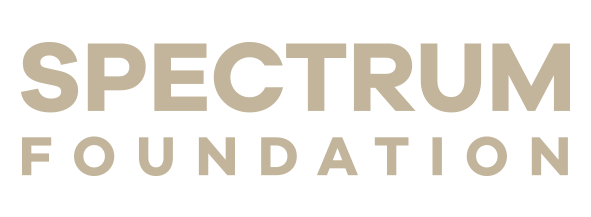Funding Criteria
Our funding priorities and focus areas
We focus our funding on four key areas where we believe we can make the most impact: education, health and wellbeing, employment, and housing. These are the building blocks for a good life — and we’re committed to backing initiatives that remove barriers, strengthen communities, and create opportunities for disabled people and their whānau.
-
Early interventions for children and their whānau through:
inclusive participation and providing support during transitions
guidance to navigate the education system
assessment and diagnoses for neurodivergent children
inclusive support networks, activities and events.
-
Enhance the health and holistic wellbeing of disabled people by supporting:
guidance to navigate the disability support and health system including specialist mental health support
healthy lifestyles through activities such as community sports, fitness activities and outdoor play
self-expression through the arts, dance and music
therapeutic services such as assessments and therapy
social and cultural connection, expression and participation for Māori, Pasifika, and other communities
education about safe, healthy relationships
social change, voices and advocating for the rights and needs of disabled people.
-
Creating pathways into the workforce, development, leadership and secure employment through supporting:
transitional programs from school to the workforce
pre-employment and ongoing employment support
entrepreneurship, mentorship and training
disabled people to become active leaders in their communities.
-
Appropriate, accessible, affordable and stable housing for disabled people and their whānau by supporting:
tailored, safe and affordable living options
assistance into appropriate, accessible, affordable and stable housing

Other areas of consideration
Funding is usually directed into communities that the Group has existing connections to and knowledge of through its subsidiary organisations, i.e. initiatives based in the North Island of New Zealand with either a local or national reach
Funding is usually provided for initiatives that are not funded by the Government. Initiatives that are similar to those provided by government funded disability service providers such as Spectrum Care are unlikely to be funded. This includes:
After school and overnight care
School holiday programmes
Independent Living Support
In-home support
Supported accommodation
Spectrum Foundation supports housing through an investment into the Spectrum Group entity and community housing provider, Homes of Choice. Further capital investment into social housing is therefore unlikely.
Projects should reflect the principles of Enabling Good Lives (EGL), such as choice, control, and self-determination. Learn more about EGL here.
Projects should be designed with participation from and through consultation with user groups including tangata whaikaha (disabled people).
We prioritise projects that can show understanding and respect for the principles of Te Tiriti o Waitangi in its governance.
We’re looking for projects that are sustainable and create lasting impact.
Before you apply, please note that Spectrum Foundation will not generally fund organisations or providers:
For political purposes.
To build endowments (i.e. to build capital bases).
For the repayment of debt.
To solely support the spiritual activities of religious organisations. This includes facilities and halls on church/mosques/temple grounds, etc.
To only create profit.
Spectrum Foundation prefers to fund registered charities. Please contact the team if you would like to apply for funding but are not a registered charity.

